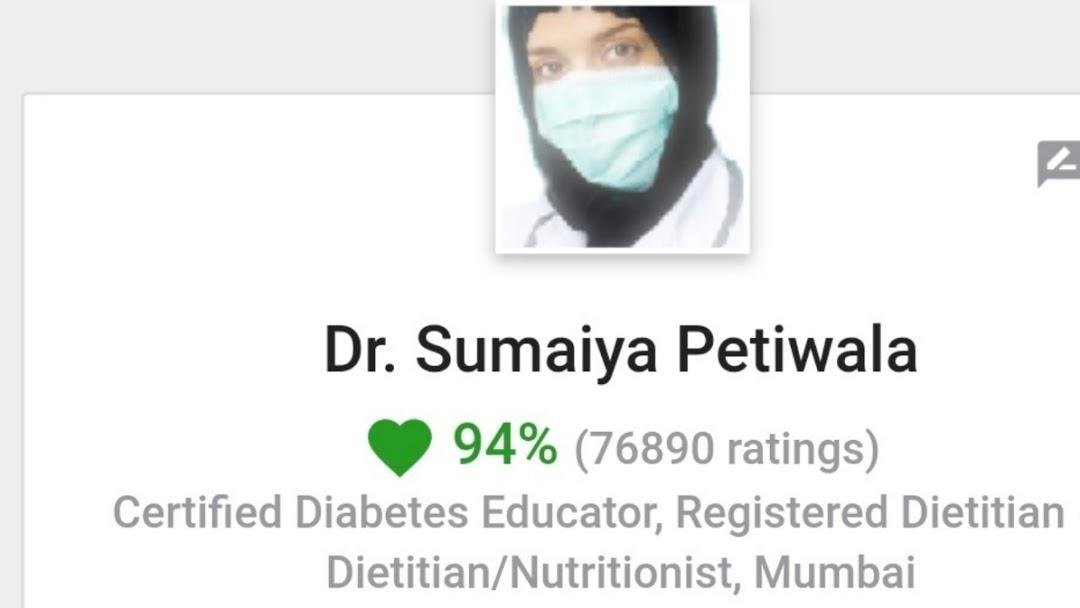Weight Loss Risks: Unnecessary Surgeries and Herbalife Concerns
This post discusses the potential dangers of unnecessary weight loss surgeries and the controversies surrounding Herbalife products. It emphasizes the importance of evidence-based, sustainable weight management strategies and the guidance of qualified health professionals.
Introduction
The slimming, fitness, and weight loss industry is a multi-billion dollar market, but it’s also largely unregulated. This lack of regulation has led to a proliferation of businesses offering fraudulent, unscientific, and potentially harmful products and services. Consumers are often bombarded with promises of quick and easy weight loss, making it difficult to distinguish between legitimate and misleading claims. This article aims to shed light on two significant areas of concern: unnecessary weight loss surgeries and the use of Herbalife products. We’ll explore the risks, controversies, and healthier, evidence-based alternatives.
Unnecessary Surgeries
Many individuals, desperate for rapid weight loss, turn to surgical options as a perceived “quick fix.” However, some businesses within the weight loss industry aggressively promote unnecessary surgeries, often downplaying the significant risks and potential for life-threatening complications.
Risks and Complications
The American Society of Plastic Surgeons (ASPS) explicitly warns against the dangers of undergoing unnecessary cosmetic surgeries. These procedures, like any surgery, carry inherent risks, including:
- Infection at the surgical site
- Excessive bleeding
- Adverse reactions to anesthesia, which can be severe
- Blood clots
- Nerve damage
- Fluid accumulation (seroma)
- Delayed wound healing
- Unsatisfactory cosmetic results, requiring revision surgery
Common Procedures
The International Society of Aesthetic Plastic Surgery (ISAPS) reported that liposuction and abdominoplasty (tummy tuck) were among the most common cosmetic surgery procedures globally in 2020, with over two million procedures performed worldwide. While these procedures *can* be appropriate for certain individuals under specific circumstances and after careful medical evaluation, they are *not* substitutes for a healthy lifestyle, including a balanced diet and regular exercise.
Alternatives to Surgery
Before considering surgery, it’s crucial to explore all non-surgical options. These include:
- Personalized Nutrition Plans: Working with a registered dietitian to create a sustainable, balanced eating plan tailored to your individual needs and preferences.
- Regular Physical Activity: Finding an exercise routine you enjoy and can maintain consistently.
- Behavioral Therapy: Addressing underlying emotional or psychological factors that may contribute to unhealthy eating habits.
- Medical Weight Management: Under the supervision of a physician, exploring medically supervised weight loss programs, which may include medication in some cases.

Herbalife
Herbalife is a global multi-level marketing (MLM) corporation that develops and sells dietary supplements, weight management, sports nutrition, and personal-care products. Operating in over 90 countries, Herbalife has faced significant scrutiny and legal challenges regarding its business practices and the safety and efficacy of its products.
Lawsuits and Controversies
Herbalife has been the subject of numerous lawsuits and regulatory actions. Key examples include:
- 2016 FTC Settlement: The Federal Trade Commission (FTC) fined Herbalife $200 million for misrepresenting its business model and deceiving consumers. The FTC found that Herbalife distributors primarily made money from recruiting new distributors rather than from selling products to retail customers, a characteristic of a pyramid scheme.
- 2020 Class-Action Lawsuit: Herbalife settled a class-action lawsuit for $123 million, which alleged that the company was operating a pyramid scheme.
Product Safety Concerns
Beyond the business model controversies, the safety and effectiveness of Herbalife’s products have also been questioned. A significant concern is the potential for liver damage. A study published in the *Journal of Hepatology* found a link between Herbalife product consumption and hepatotoxicity (liver injury). The study concluded that “consumption of Herbalife products is associated with hepatotoxicity and liver injury.” This is not an isolated finding; other case reports and studies have raised similar concerns.
| Study/Report | Findings Related to Herbalife |
|---|---|
| Journal of Hepatology (Various Studies) | Multiple cases of liver injury (hepatotoxicity) linked to Herbalife product consumption. |
| Federal Trade Commission (FTC) Investigation | Found that Herbalife’s business model relied more on recruitment than retail sales, leading to a $200 million settlement. |
| Various Class-Action Lawsuits | Allegations of Herbalife operating as a pyramid scheme, resulting in substantial settlements. |
Healthier Alternatives
Instead of relying on potentially harmful supplements, focus on building a sustainable, healthy lifestyle. This includes:
- Whole Foods: Prioritize a diet rich in fruits, vegetables, whole grains, lean proteins, and healthy fats.
- Portion Control: Be mindful of serving sizes to manage calorie intake.
- Hydration: Drink plenty of water throughout the day.
- Regular Exercise: Engage in physical activity that you enjoy and can sustain.
- Mindful Eating: Pay attention to your body’s hunger and fullness cues.

Conclusion
The slimming, fitness, and weight loss industry is unfortunately filled with practices that prioritize profit over the health and well-being of consumers. Unnecessary surgeries and potentially harmful supplements like those offered by Herbalife represent significant risks. It’s crucial to be a discerning consumer and prioritize evidence-based approaches to weight management. Before making any significant changes to your diet or exercise routine, or considering any weight loss products or procedures, consult with a registered dietitian or other qualified healthcare professional. They can provide personalized guidance and help you develop a safe and sustainable plan.
Actionable Health Tips
- Consult a Registered Dietitian: Before making significant dietary changes, seek professional guidance.
- Be Skeptical of Quick Fixes: Avoid businesses that promise unrealistic results or promote quick-fix solutions.
- Avoid Unregulated Supplements: Be extremely cautious of weight loss supplements, including Herbalife products, due to potential health risks.
- Focus on Sustainable Lifestyle Changes: Make gradual, realistic changes to your diet and exercise habits that you can maintain long-term.
- Prioritize Whole Foods: Build your diet around fruits, vegetables, whole grains, lean proteins, and healthy fats.
- Stay Active: Find physical activities you enjoy and incorporate them into your routine.
- Be Patient and Persistent: Weight loss is a journey, not a destination. Don’t get discouraged by setbacks.
References
- American Society of Plastic Surgeons (https://www.plasticsurgery.org/)
- International Society of Aesthetic Plastic Surgery (https://www.isaps.org/)
- Federal Trade Commission (https://www.ftc.gov/)
- Journal of Hepatology (https://www.journal-of-hepatology.eu/)
Call to Action
If you’re concerned about your weight or overall health and want personalized, evidence-based guidance, we encourage you to schedule a consultation with Dr. Sumaiya. Fill out our patient history form to get started and receive free initial advice via email.
Take control of your health journey today!




